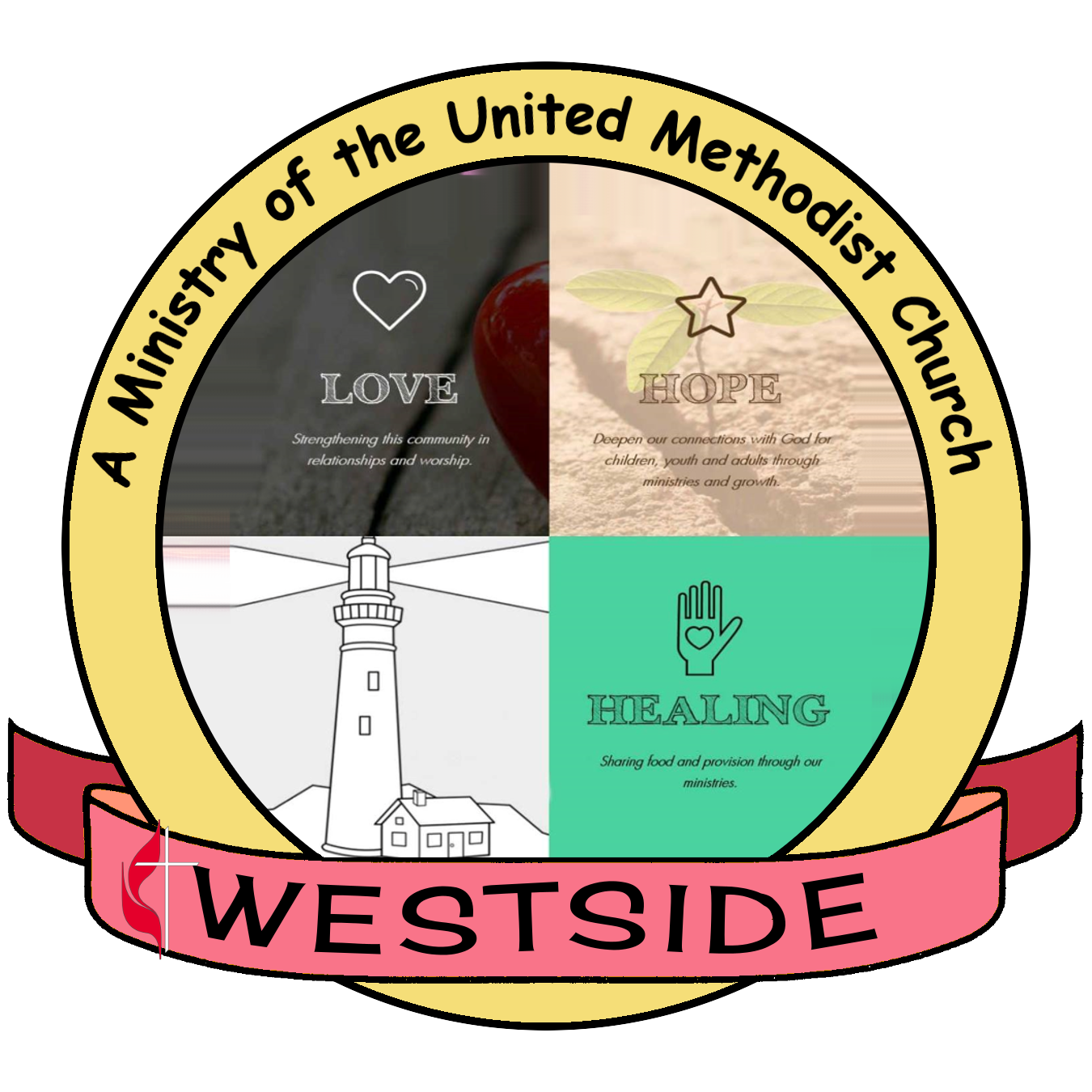The thing about what happens in Scripture is that many of the events only occurred one time in someone’s lifetime. It was not a weekly occurrence. It is easy for us to view individual events as if they always happened, as if they always felt that way, always saw those visions, or had those dreams. Peter, for example, only once had the experience of his vision of something like a sheet lowered from heaven by its corners and within it a variety of unclean animals, and hearing God say, “Get up. Kill. And Eat.” Shocked, dismayed, Peter didn’t but lamented, “Never, God!” But was told three times, “What God has declared clean, do not call unclean.” Then men unknown to him knocked at the door and he was ushered from his safe Jewish world into the Gentile world and saw God show up with power.
The story in Acts 10 is one of God breaking the barriers between peoples. How Jews had viewed the outsider, God changed by experiences that shook their safe Jewish world. It caused the Jewish believers to change what it meant to hold to the law and what it meant to ask others to do so. This was changing something that had been in place for some 2000 years.
The Holy Spirit treated Jews and Gentiles alike later in this story, therefore, they also ought to do the same. So how might we follow suit? What might it look like for us to love others, even the “others” who are different from us, in a way that gives God glory?
When Jesus taught about loving our neighbors he didn’t speak of the neighbor as the other person, but as us becoming the neighbor to them. That we were the neighbor to all who are around us. This is the direction of love -- toward the other. It is not love that we choose to demonstrate to some and not to others. This is being a person who loves-- no matter who the other is. This is Jesus. This is the gospel.
How are you doing at being that neighbor?

